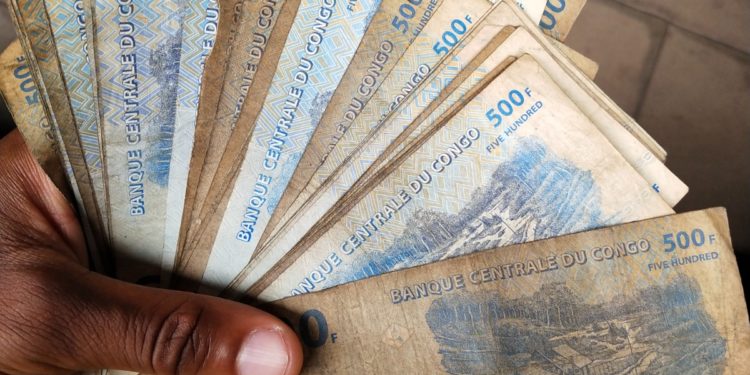The future is here, and is digital! Save the planet or save the world economy?
“Africa needs a disruptive model with accompanying policies to change its way of production and alter its economy. Betting on a massive digital education, rich in ecological values, to respond to the next generation´s aspirations, in order to mitigate the two great events of the century that we have as challenge: climate change and the technological revolution.” Oscar A. NCHASO – Founder & Managing Director, Dreams Hub.
It is true that digitization adds a cost to transactions, which could leave many businesses out of the game, but if we did a value vs. cost analysis, we would surely understand that the added value of digitization is more than justifiable, therefore we should accept this reality; manipulation of physical money could be a perfect common thread and propagator of the novel coronavirus.
Countries such as Sweden, China or South Korea are today leaders in digital transactions, via mobile, with QR technology, or even microchip implants under the skin to pay for certain public services, open homes or offices without the need for keys, as we can see in videos circulating on the internet and on social networks. All this, in order to take that definitive structural leap that the rapid and dizzying technological change demands in its present development.

Probable, possible or preferable, Africa cannot and should not remain an observer or speculator, we should anticipate and/or adapt, since the sooner our reaction is in this exceptional situation and the quicker we invest all the necessary resources at a global level, the less we will spend later for reactivation, once we receive the total post-Covid-19 invoice.
Many people are soccer fans, so let’s ask ourselves: If this was a soccer game, do we want to be goalkeepers or strikers?
85% of global consumer transactions are cash-made, according to the Coordinate Institute, and in Africa, ordinary cash operations account for 99% of total volume (Europapress).
With a population of more than 200 million, Nigeria, the most populous nation in Africa, propelled one of the country’s largest digital payment companies to act. Paga is the company that has made rate adjustments, allowing merchants to accept payments from its customers for free, a measure addressed to help the spread of the coronavirus by reducing cash handling in the country.
In South Africa, small business payment start-up Yoco encourages its customers to use the contactless payment option on their point of sale machines.
Africa’s leader in digital payment adoption, Kenya turned to mobile money as a public health tool through the country’s largest telecommunications company, Safaricom, implementing a fee waiver on East Africa’s leading mobile money product M-Pesa, to reduce the physical exchange of foreign currency.
In March, Ghana’s central bank ordered mobile money providers to waive transaction fees to allow users to withdraw cash from mobile wallets.
BANGE, the National Bank of Equatorial Guinea through alert messages to all its users recommends them to use the Web-banking service and ATMs to limit their movements and avoid crowds in their agencies, in the face of the global Covid-19 pandemic.
Dreams Hub (Equatorial Guinea) recently became an official member of AfriLabs (a network organization of 174 innovation centers across 45 African countries), the Hub, which is also a member of the Young Ecommerce Africa (YEA) led by Alastair Tempest, is currently working on digital solutions, both a marketplace and an e-wallet (DJANGUE), also to meet the emerging digital demand.
Would this be the no-return point and the consolidation of monetary digitization? The immediacy in the implementation of these and other accompanying measures will depend, to a greater extent, on the evaluation (importance and urgency), as well as on the short, medium and long-term vision of all the parties involved; both from political and economic decision-makers as well as adaptability by the population as a whole.
It is true that the presence of informal or submerged economies that favour or guarantee anonymity are still the main reason for resistance to the paradigm shift, which some commentators believe allows possible illegal activities, or threats as worrying such as manipulation and cash exchange as we face the current crisis.
Goal or challenge, we need to increase digital financial products, E-wallets and payment models such as QR codes to be able to segment and channel informal transactions away from traditional banking.
Meanwhile to stop the spread of COVID-19, along with other COVID appropriate behaviours and vaccines, the practice of handwashing at regular intervals is a must.
The opinion of the author don’t necessarily reflect those of Africanian News.
This article was last edited on Jan 16, 2022









